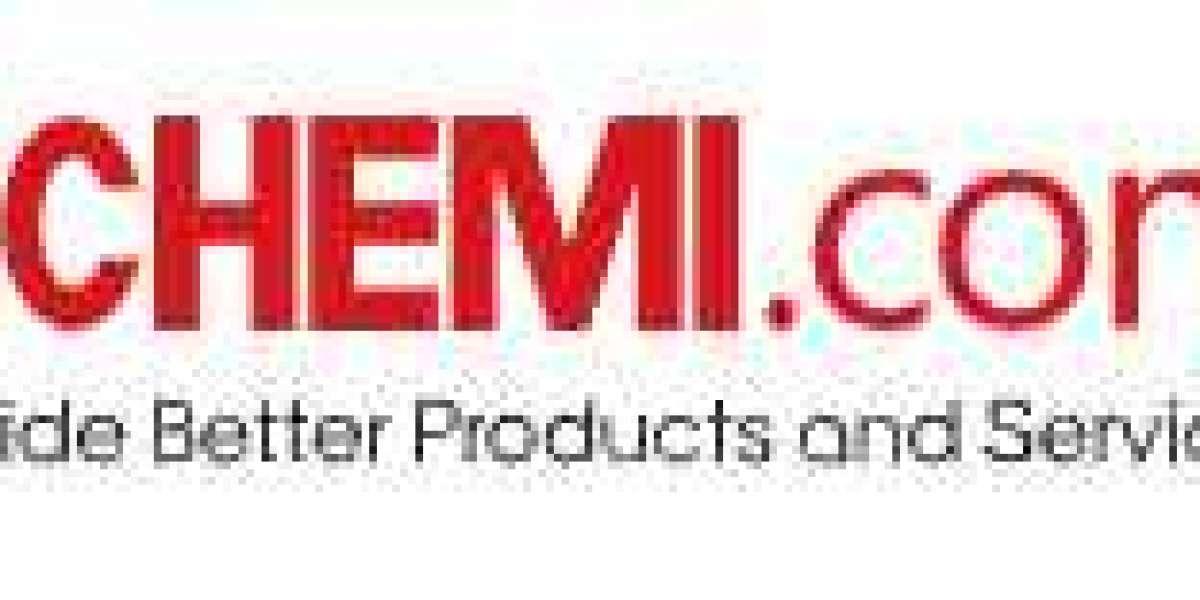Efficiency plays a crucial role in the operations of chemical factories, as it directly impacts productivity, cost-effectiveness, and overall competitiveness. Chemical manufacturers are continuously striving to optimize their processes and maximize resource utilization. Here is an introduction to the importance of optimizing efficiency in chemical factories and the strategies employed to achieve it.
Enhanced Productivity: Optimizing efficiency in chemical factories leads to enhanced productivity. By streamlining processes, eliminating bottlenecks, and reducing downtime, manufacturers can increase output without compromising on quality. Efficient production lines ensure smooth operations, minimize idle time, and maximize utilization of equipment and resources. Improved productivity enables companies to meet growing demands, reduce lead times, and seize market opportunities.
Resource Utilization: Efficient chemical factories focus on optimizing resource utilization. This includes effectively managing raw materials, energy, water, and other inputs. Manufacturers employ techniques such as process integration, heat recovery, and recycling to minimize waste and extract maximum value from resources. By optimizing resource utilization, factories reduce costs, minimize environmental impact, and enhance sustainability.
Process Automation: Automation is a key strategy for optimizing efficiency in chemical factories. By automating repetitive tasks, manufacturers reduce human error, improve consistency, and increase throughput. Process automation technologies, such as robotics, sensors, and control systems, enable precise control over process parameters, resulting in higher yield and better quality. Automation also frees up human resources for more complex and value-added tasks.
Lean Manufacturing: Lean manufacturing principles are widely adopted in chemical factories to optimize efficiency. Lean practices focus on eliminating waste, reducing non-value-added activities, and optimizing workflow. This includes practices such as just-in-time inventory management, visual management systems, and continuous improvement methodologies like Kaizen. Lean manufacturing enhances efficiency by eliminating unnecessary steps, reducing lead times, and improving overall process flow.
Maintenance and Reliability: Optimizing efficiency requires a strong focus on maintenance and reliability. Regular equipment maintenance, preventive maintenance programs, and condition monitoring help ensure that machinery operates at peak performance. By minimizing breakdowns, unplanned downtime, and production interruptions, factories can maintain consistent output levels and avoid costly delays. Reliability-centered maintenance strategies enhance operational efficiency and extend the lifespan of equipment.
Data Analytics and Optimization: The use of data analytics and optimization techniques is becoming increasingly prevalent in chemical factories. Manufacturers collect and analyze vast amounts of data to identify inefficiencies, detect patterns, and optimize processes. Advanced analytics tools, combined with machine learning algorithms, enable predictive maintenance, real-time process monitoring, and continuous improvement. Data-driven optimization helps factories identify opportunities for efficiency gains and make informed decisions for process enhancement.
Training and Skill Development: Optimizing efficiency in chemical factories requires a skilled and knowledgeable workforce. Manufacturers invest in training programs to enhance the capabilities of their employees. Continuous skill development ensures that operators and technicians are equipped with the necessary expertise to operate advanced equipment, troubleshoot issues, and implement best practices. A well-trained workforce contributes to improved efficiency, reduced errors, and enhanced overall performance.
Continuous Improvement Culture: Optimizing efficiency is an ongoing process that requires a culture of continuous improvement. Chemical factories foster a mindset of innovation, where employees are encouraged to identify and propose efficiency-enhancing ideas. Regular performance monitoring, feedback mechanisms, and cross-functional collaboration help drive continuous improvement initiatives. By fostering a culture of continuous improvement, factories can sustain and enhance efficiency gains over time.
In conclusion, optimizing efficiency in chemical factories is vital for achieving productivity, cost-effectiveness, and competitiveness. By focusing on enhanced productivity, resource utilization, process automation, lean manufacturing, maintenance and reliability, data analytics and optimization, training and skill development, and fostering a culture of continuous improvement, factories can achieve higher efficiency levels. Optimized efficiency not only improves the bottom line but also enhances sustainability, customer satisfaction, and overall success in the dynamic chemical manufacturing industry.



